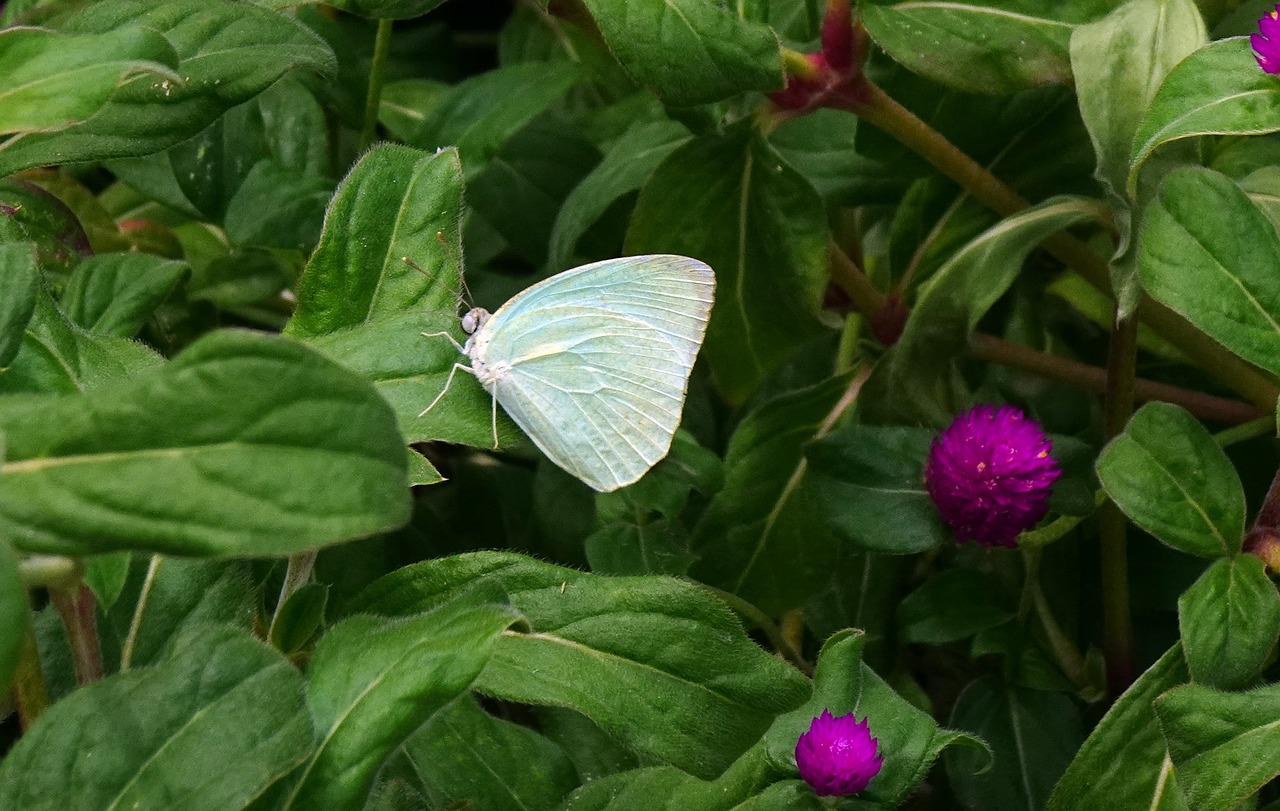Pomona, the ancient Roman deity of fruit trees and orchards, derives her name from the Latin term ‘pomum’, signifying fruit or orchard produce. Unlike many Roman gods, she stands uniquely without an equivalent in Greek mythology, though some suggest parallels with Demeter, the Greek goddess of harvest. Artistic representations often depict Pomona as a charming, pure young woman adorned with a crown of fruits and wielding a pruning knife. Her name has also contributed to various English and French lexicon, leading to words such as pomegranate in English, and pomme—the French word for apple. The intriguing history of this goddess warrants a closer look.
A Wood Nymph
In the narrative of Roman mythology, Pomona is identified as a hamadryad or wood nymph, dedicated to caring for fruit trees. The poet Ovid, in his monumental work “Metamorphoses,” notes, “No other hamadryad of the wood nymphs of Latium tended to the garden more skillfully or was more devoted to the orchard’s care,” reflecting her dedication. Various legends illustrate her enchanting beauty that attracted numerous admirers, including Silvanus and Picus, yet Pomona chose solitude, preferring to nurture her sacred trees away from the prying eyes of suitors. Ovid poignantly describes her seclusion, stating, “Still fearing boorish aggression, she enclosed herself in an orchard (pomeria), and denied an entrance, and shunned men.”
Pomona’s Union with Vertumnus
Among those vying for her affection was Vertumnus, the god of seasons, transformation, and plant growth. Ovid recounts how Vertumnus utilized his shape-shifting powers to capture Pomona’s heart. Disguised as an elderly woman, he gained access to her orchard and cautioned her about the perils of rejecting a suitor by weaving a tale about Iphis and Anaxarette’s tragic fate. Eventually, Pomona was swayed, and she and Vertumnus married, functioning as harmonious deities synonymous with prosperity and fertility.
Goddess of Gardens and Orchards
As the goddess overseeing fruit trees, gardens, and orchards, Pomona is prominently associated with her pruning knife—a symbol of her nurturing role. In various artistic portrayals, she is often shown with this essential tool along with a bountiful platter of fruits or a cornucopia. Ovid illustrates her mastery with the pruning knife, explaining, “She carried a curved pruning knife, not a javelin, with which she cut back the luxuriant growth, and lopped the branches spreading out here and there, now splitting the bark and inserting a graft, providing sap from a different stock for the nursling.”
The Emblem of Abundance
Pomona’s strong ties to fruit trees translate into themes of abundance and fertility. She is frequently depicted amidst lush, colorful gardens, embodying her role as a nurturer who produces life-sustaining crops. The Roman calendar featured August 13 as a festivity in honor of Pomona, coinciding with the season when the initial fruits of the harvest were ready for consumption.
Additionally, the Romans celebrated the festival of Pomona on November 1, a date many connect to the origins of modern Halloween. During this time, offerings such as nuts and apples were made to the gods in gratitude for a bountiful harvest. Numerous Halloween traditions we recognize today, including apple bobbing and toffee apples, echo Pomona’s association with fruits.
Pomona in Art and Culture
Over the ages, Pomona emerged as a muse for various artists and writers, particularly prominent between the 16th to 19th centuries. Her innocent beauty caught the attention of illustrious creators like Peter Paul Rubens, who captured her charm, along with later artists such as Dante Gabriel Rossetti and William Morris, who found inspiration in her harmonious connections to nature’s vibrant fertility.
In addition to this, Pomona is celebrated in Karl Bitter’s Pulitzer Fountain created in 1916, found in New York City’s Grand Army Plaza. She also makes an intriguing appearance in C. S. Lewis’ celebrated 1950s fantasy series, The Chronicles of Narnia, where she is depicted as a wood goddess blessing an orchard near Cair Paravel.



